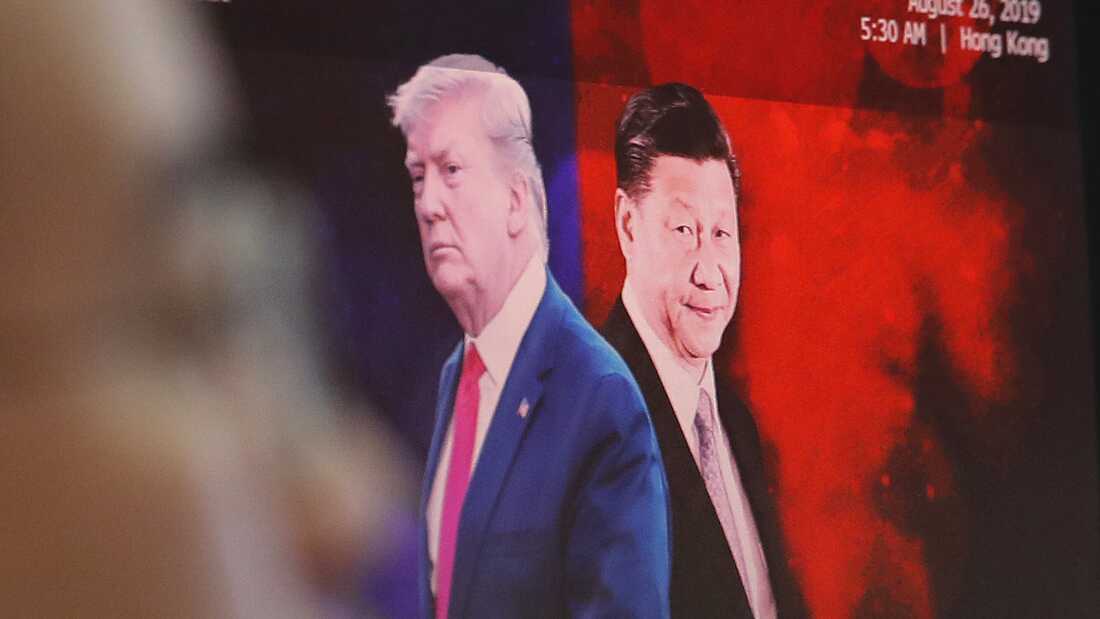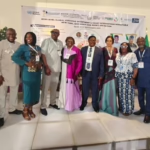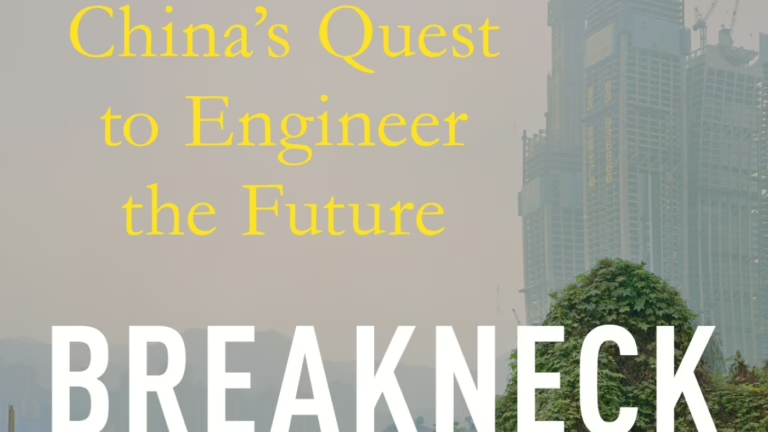Throughout the intense three-year period of China’s “zero-COVID” lockdowns, analyst Dan Wang stood out as a keen interpreter of the nation’s swiftly evolving internal landscape. He observed firsthand how the strict pandemic restrictions ignited uncommon public demonstrations, ultimately prompting a policy reversal by the government in late 2022. Wang’s yearly dispatches from China have become essential reading for those seeking clarity on the country’s complex developments.
However, Wang’s insights extend beyond merely decoding China for Western audiences. He challenges readers to consider whether the successes and failures experienced by China might also hold valuable lessons for the United States. “For many years, it was appropriate for China to draw lessons from the U.S.,” Wang shared in a recent NPR interview, “but now, it’s time for America to glean insights from China’s experiences.”

This idea is especially provocative given the current political atmosphere in Washington. Yet Wang emphasizes that the U.S. and China share fundamental similarities: both are restless societies, eager to find shortcuts, and are key drivers behind many of the world’s transformative changes. He adds, “Both nations are imperfect entities, often inflicting self-harm in the name of rivalry, surpassing what the other could imagine.”
Such reflections are woven throughout his book, Breakneck: China’s Quest to Engineer the Future. Wang highlights a striking difference in leadership styles: China’s ruling elite is largely composed of engineers, whereas America’s leadership is predominantly lawyers, with a sprinkling of military officials and business figures.
This contrast invites deeper contemplation amid what some describe as a “new cold war” between the two largest economies. Are these two societies-one steered by engineers, the other by lawyers-inevitably set on a collision course? If so, what form might that conflict take? Alternatively, is there potential for mutual learning and adaptation?
In a recent conversation with NPR, Wang elaborated on his perspectives regarding the evolving U.S.-China relationship.
NPR: You describe China as an “engineering state” and the U.S. as a “lawyerly society” to explain China’s rapid progress and America’s relative stagnation. Yet, during China’s reform era, some reform-minded intellectuals admired the procedural expertise of America’s ruling class. Has that view been disproven?
Wang: For decades, it was indeed beneficial for China to learn from the U.S. Now, however, the tables have turned, and America could benefit from adopting some of China’s approaches. China’s remarkable achievements offer potential solutions to many challenges facing the U.S. China has constructed vast new housing developments, expanded its mass transit systems on an unprecedented scale, emerged as a global leader in clean technology deployment, and sustained a strong manufacturing sector. In contrast, many American cities appear physically stagnant, remnants of a once-thriving industrial era. It’s appropriate for China to take pride in its physical dynamism, and for America to study and learn from these successes.

President Trump and Chinese President Xi Jinping met for talks on Friday.
Ahn Young-joon/AP
NPR: With China’s economic growth slowing and many young people expressing frustration over limited opportunities, can China’s engineering-driven model help reignite expansion?

Wang: The policies underpinning China’s engineering state have contributed significantly to the current high youth unemployment. Beginning in 2020, President Xi Jinping launched a crackdown on major internet companies, forcing many dynamic firms-especially in online education and e-commerce-to downsize. Simultaneously, the strict “zero-COVID” policy severely impacted service sectors, particularly tourism-related businesses.
This engineering-focused governance prioritizes advanced manufacturing over service industries, which are more appealing to younger generations. This reflects a broader emphasis on national strength rather than individual contentment.

Workers don protective equipment in a Beijing neighborhood under lockdown during China’s “zero-COVID” era, which concluded in late 2022.
Bloomberg via Getty Images
NPR: Recently, there appears to be a growing alignment in economic governance approaches between the U.S. and China, such as in industrial policy. Does this suggest that America’s legalistic leadership is adopting lessons from China’s engineering mindset? More importantly, can the U.S. compete effectively by embracing China’s strategies?
Wang: Unfortunately, under President Trump, America has absorbed some of China’s less desirable traits. Both Trump and Xi have enacted policies that adversely affect vulnerable populations, rely heavily on loyalist support to justify their actions, and manipulate economic data. However, the U.S. has not embraced the more constructive lessons from China’s engineering state. For instance, China’s rise as a manufacturing powerhouse was partly due to welcoming foreign engineers-including many Americans-to develop its industrial capabilities. In contrast, U.S. immigration enforcement has deported numerous skilled engineers, such as South Koreans attempting to establish advanced factories in Georgia. Trump’s administration lacked the policy rigor that Beijing demonstrated in nurturing its manufacturing sector.
NPR: Economic stagnation, political polarization, and populism are challenges not unique to the U.S. but also prevalent in Europe. Towards the conclusion of your book, you offer recommendations for American policymakers. Should European leaders also consider these insights?
Wang: Cross-regional learning is always beneficial. I hope Europeans can draw inspiration from both American and Chinese models to foster greater entrepreneurial energy. It seems that hubs like Silicon Valley, Beijing, Hollywood, and Shenzhen will shape global culture and consumer trends. Meanwhile, I wish China would adopt more legalistic principles, as respecting individual rights would strengthen the nation. Conversely, the U.S. doesn’t need to replicate China’s approach to infrastructure development. Countries such as France, Spain, and Japan demonstrate that it’s possible to build extensive mass transit systems efficiently and affordably without compromising citizens’ rights.

















